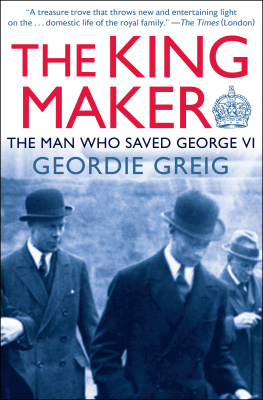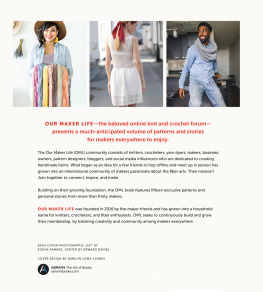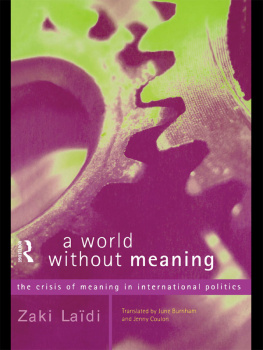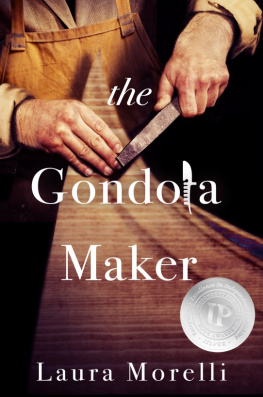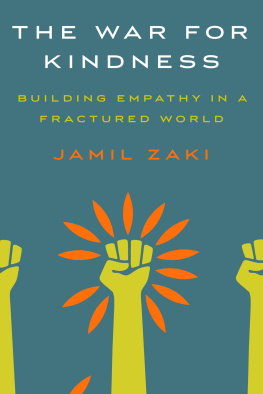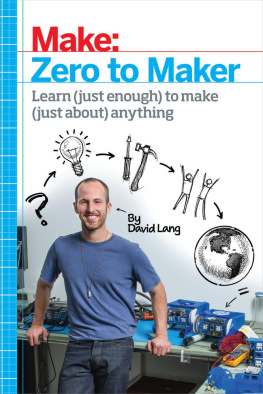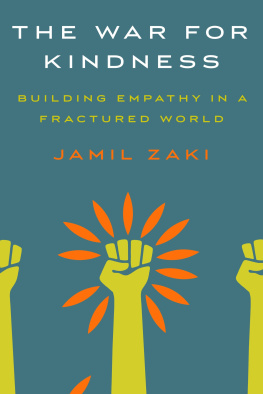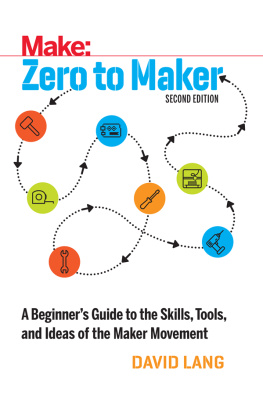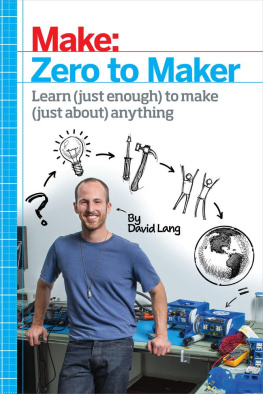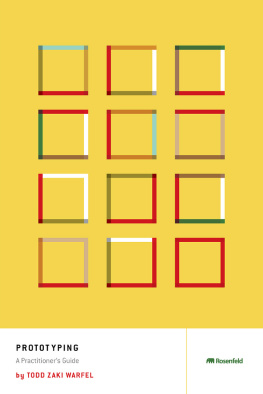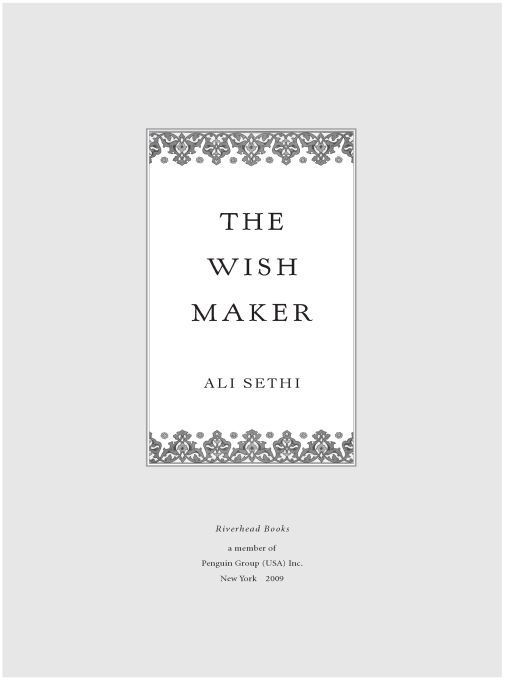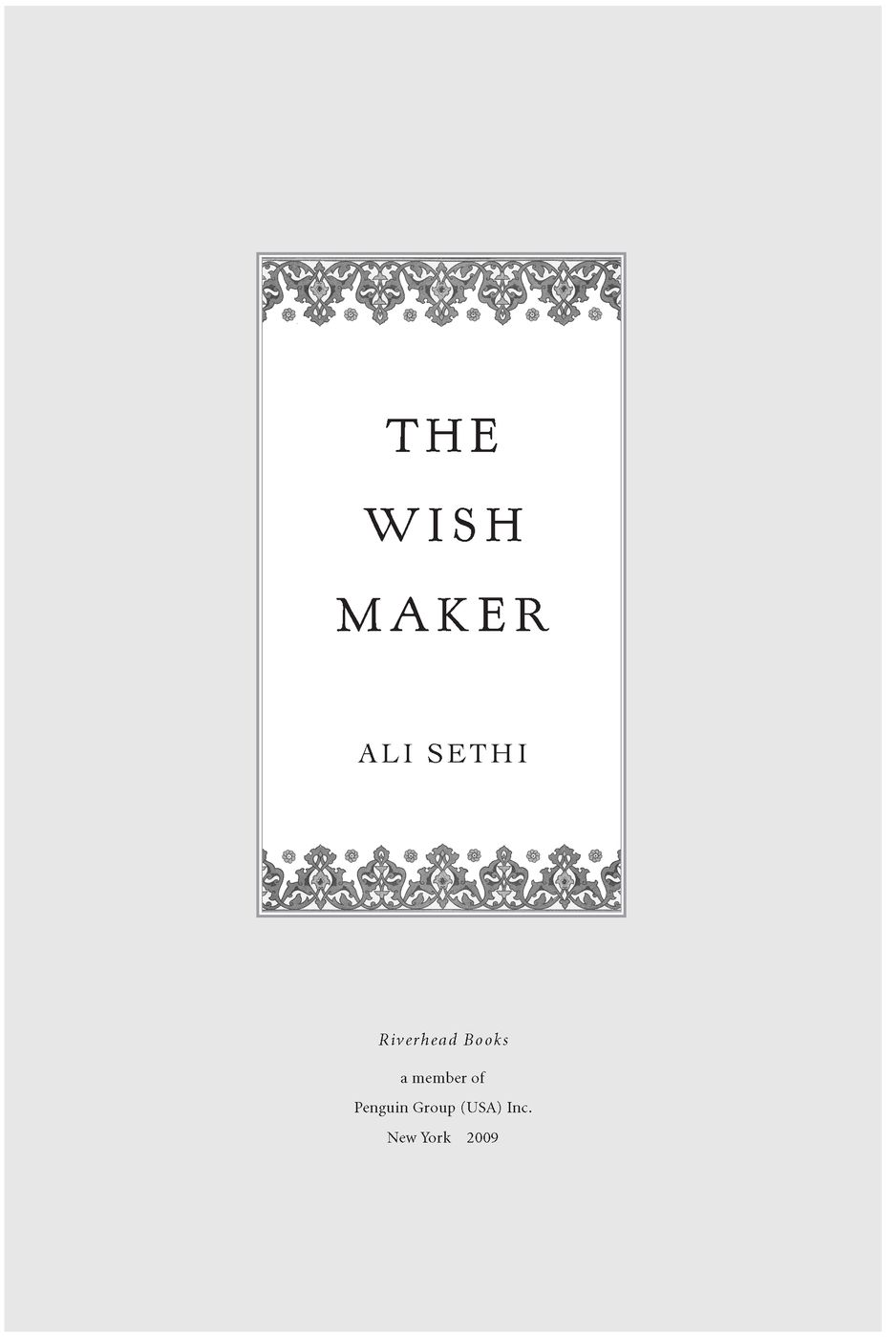Table of Contents
For Dadi Apa
The difficult task of knowing another soul is not for young gentlemen whose consciousness is chiefly made up of their own wishes.
GEORGE ELIOT, Middlemarch
ONE
The clouds approached from below and went upward and onward until they had left behind the view; it was of the turf, gray turning to green and brown, a mosaic that now grew zones and roads and began to show the specks, expanding into vehicles, that were moving and heading in the pale morning light to destinations of their own.
Naseem was at the airport. She stood near the railing with her small, stout form pressed ahead into the bars. Her feet were placed solidly apart; she was trying to thwart the pushing crowds, trying to dominate the commotion with the square cardboard sign that was held above her head. It said my name (MISTER ZAKI SHIRAZI) in my mothers assertive handwriting.
I waved.
Naseem saw. She lowered the cardboard and grinned.
Salaam, Naseem.
She embraced me and tried to take my suitcase.
Dont worry, Naseem
No, no.
Naseem
No.
But
No, no.
I followed her outside. The air was moist and cold, and the sky was smothered. The new airport had a beige exterior (the old one was white) and was planted with advertisements in the parking lot: we went past a sign for a restaurant chain, then a live screen that was showing an ad for a new brand of toothpaste. The ad was soundless; it ended with a splash of color and started up again.
Its not that cold, I said.
Youre right, said Naseem. Its not.
The car was in the last row. A man was waiting inside, a young and relaxed-looking man with his knees drawn up to the steering wheel, his wrists crossed in stylish repose behind his head. He saw us and sprang up; he smiled and nodded vigorously and shook my hand and hurried to take the suitcase from Naseem, who didnt introduce him and instead monitored his movements with a tolerating look, the assessing, unsmiling stringency of delegated authority. She stood behind him and watched as he lifted the suitcase with a moan and hauled it into the trunk. The impact sent up the smell of new carpeting.
Had it serviced, said Naseem.
She sat next to the driver and gave him unnecessary directions out of the parking lot. At the tollbooth she gave him ten rupees, which he gave to the warden beyond his window.
Receipt, said Naseem, and secured it notingly.
The driver rolled up his window and began the drive away from the parking lot, away from the airport and out onto the road. His hands gripped the steering wheel. He was frowning in concentration and licking his lips.
New driver, said Naseem.
I see, I said.
Yes, she said.
We drove along a curve in the road and the car tilted, and Naseem reached for the strap above her window. Then the road was straight again. A part of it was cordoned off and still being paved; the laborers were absent and had left behind some of their implements as a promise of return. The road led into the bazaar and became cracked and dusty and crowded. Naseem was still holding on to the strap, and switched on the radio with her free hand; it interfered with the noise, the bumping and the shuddering, which lasted for some minutes. After that the bazaar was gone and the road was smooth again: we were in Cantt now, among large residential walls overgrown with bougainvillea and ivy, and among old trees and parks and military compounds that grew behind unproclaiming gates. The road was mostly empty. The driver became emboldened and skipped a traffic light, then another. Naseem didnt stop him. She was absorbed in the radio: a female voice was lecturing its audience in a soft American accent on the perils and advantages of love. The voice laughed from time to time and Naseem laughed with it, and brazenly, for she was laughing at the audacity and outrageousness of the concept. She slapped her thigh and shook.
Radio, she said with a fond nod toward the thing.
Ah, yes, I said. Radio...
We drove for some minutes in a radio-expecting silence.
So, then, she said, how is America?
America is well, I said, as though formerly it wasnt. I wanted to say more but the question was vast.
Good, said Naseem. And how are your studies?
My studies are very well.
Very good. She paused, holding on to her strap, her smile one of accepting and continuing goodwill. You know there is no place like Saudia.
She had been recently to perform the Hajj in Saudi Arabia.
Really?
No place like it in the world, she said, and gave her head a slow and solemn shake. Everything, they have: KFC, McDonalds, anything at all, you name it and they have it.
Really.
Oh yes. And the house of Godit opens up your eyes. Everyone is there: black, white, this, that, everyone from everywhere. Over here I am a servant, but over there no one is a servant. It has such a feeling of peace that your heart fills up with tears. I kissed the Black Stone with my own lips.
How does it feel?
She blinked, trying to recall the experience. It took her a moment. Like a stone, she said eventually, with a note of surprise.
We passed a billboard on the bridge. It was advertising a new deal for mobile phones. The model was a local girl who had her shiny shoulders up in a shrug; one hand held her pelvic bone, the other pressed a phone to her ear. Her head was tilted and her enlarged eyes were startled. Where is everyone? I asked.
Here and there, said Naseem. No rest in this time. But weddings will do that. Always, always, it is madness. You will see when you get home. No one is the same.
The house was on its way. The paint was fresh and drying quickly on the outside walls; the wrought-iron gate was sharp with varnish; the driveway, once lined with cracks, was smooth now and still shining wetly in places with newly laid asphalt. And the lawn was mown. A dense row of marigolds on its fringes gave it the feel of a real garden, rather than just a plot of grass, while at night it became a rich, golden place, a revealed world of glowing depths and shadows, of dimensions and mysteries created by the positioning of hidden lights.
The bride cant come right now, said my mother. It was morning, and she was talking on the telephone to the tailor, who was altering the blouse and wanted to have another round of measurements. This is no way. We have trusted you, and this is what you are doing. We could have gone to many other places, but we came to you. And this is what you are doing. This is no way.
Eventually my mother granted a time for the fitting but insisted that the tailor should come to the house with the outfit. The bride was resting and would see him briefly, and then he would go back and stitch up the blouse and deliver it on the promised date. After settling with the tailor, she spoke to the beautician, again on the phone in the veranda, where she was sitting in a white wicker chair and leaning forward and rocking slightly with apprehension: the beautician was a detached Chinese woman who first wouldnt come to the phone, and who then gave a weak and suspicious-sounding answer, an Okay or a Maybe that confirmed only the possibility of an appointment. And then there was a quarrel with the caterers, who had not included Diet Coke and Diet 7UP in the revised order: my mother threatened to cancel the order; they insisted it was right; she threatened to expose them in the magazine she owned; and they backed off slowly, coming round to the need for an apology, which she accepted in the end.


